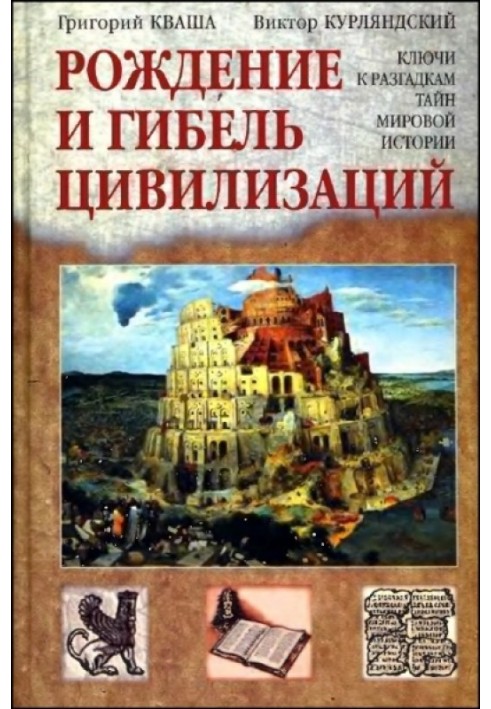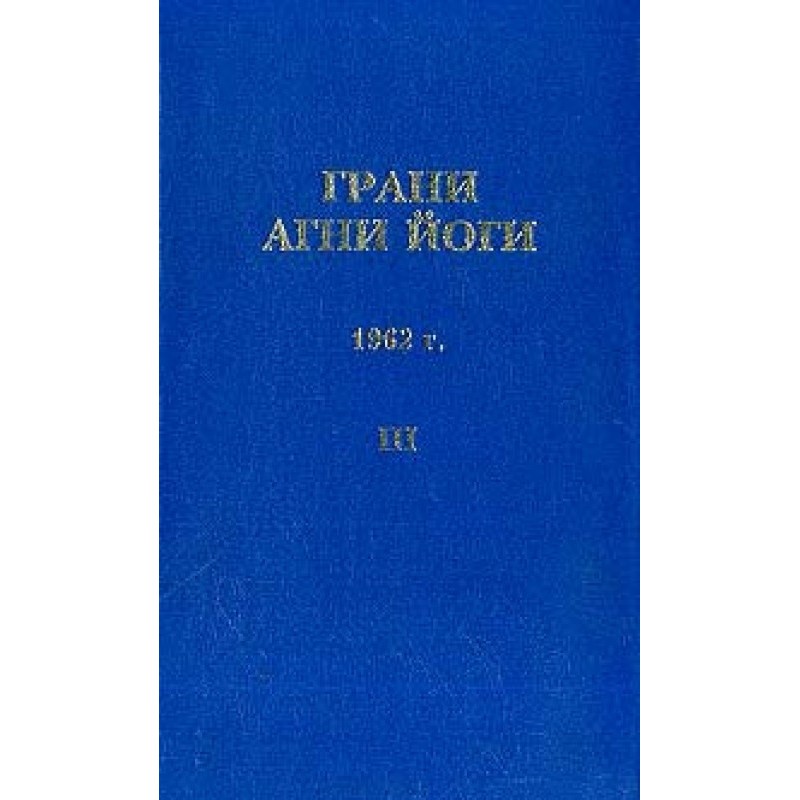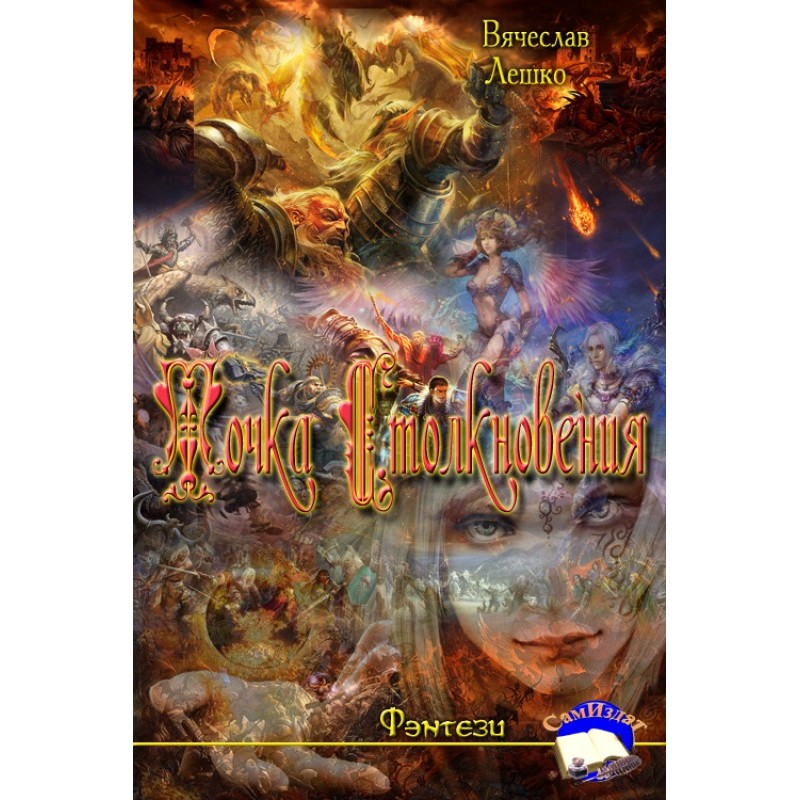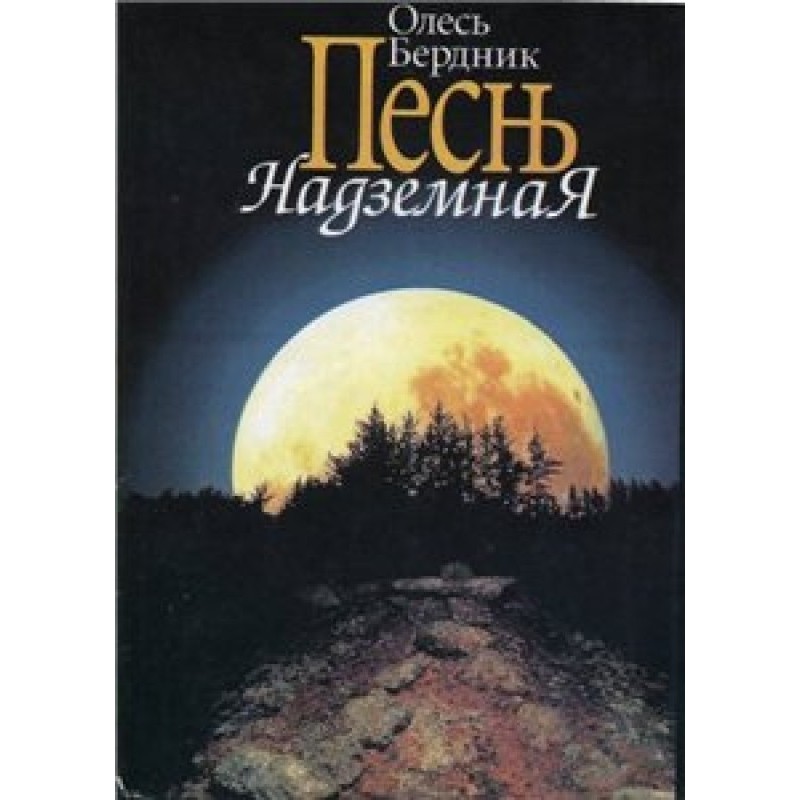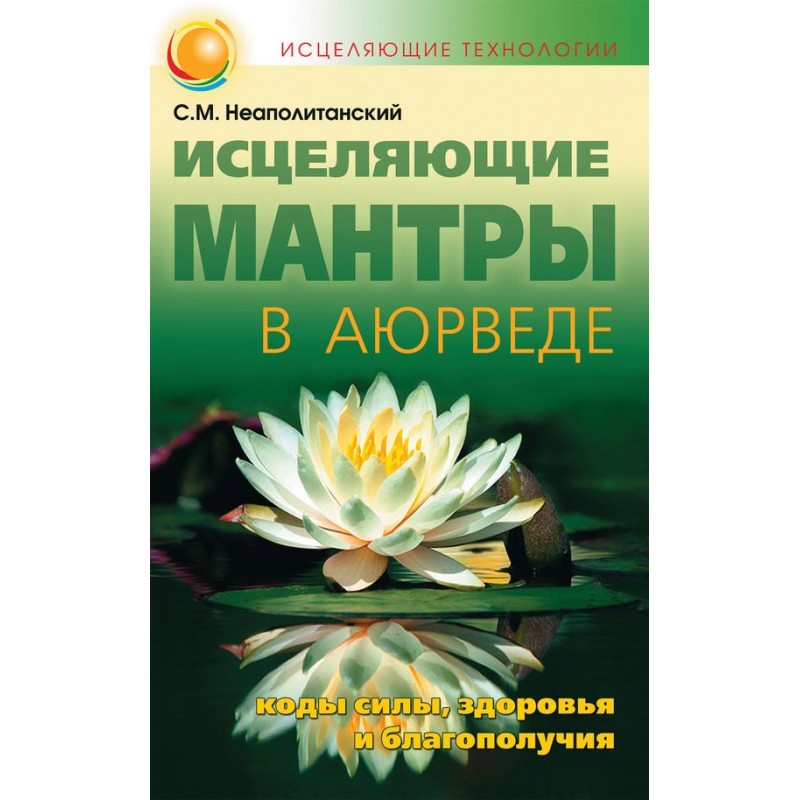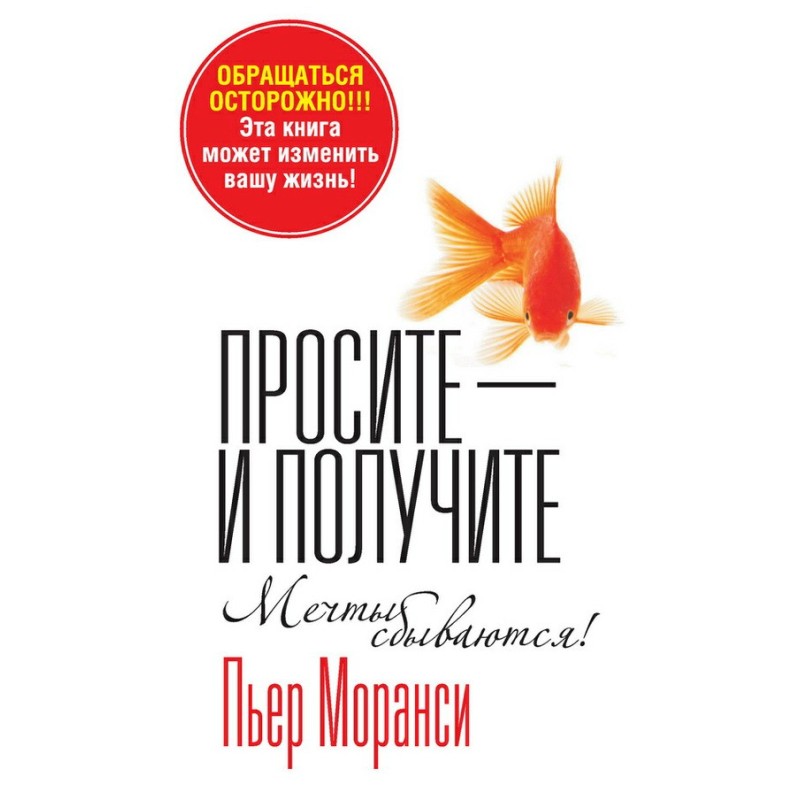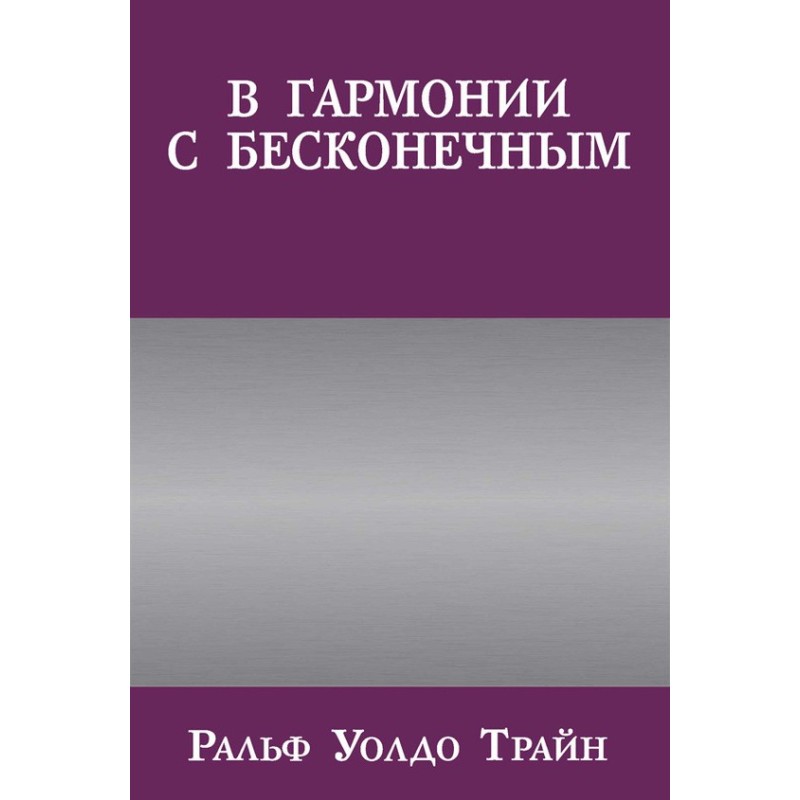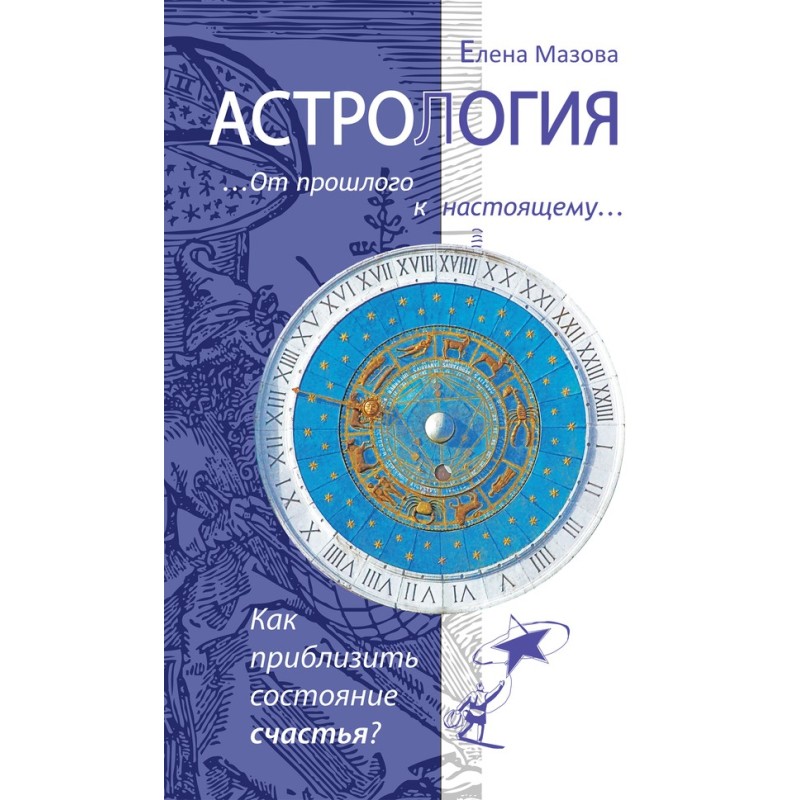The Birth and Death of Civilizations
 Instant download
Instant download
after payment (24/7)
 Wide range of formats
Wide range of formats
(for all gadgets)
 Full book
Full book
(including for Apple and Android)
The remarkable statement that a talented person hits a target that everyone sees, and a genius hits a target that no one sees, perfectly characterizes the book by G. Kvasha and V. Kurlyandsky. The development, life and death of civilizations, empires and states, the change of eras and rulers, the emergence of world-famous cities - everything is subject to the strictest (and mysterious!) laws and rhythms of history. You have never read anything more stunning and exciting in terms of its saturation with original, controversial, unexpected, future-oriented ideas and riddles!
For any (especially today’s, and even more holistic) strategic goal-setting, a subject is needed who owns an apparatus that can be called ENCYCLOPEDIC UNIVERSALISM. The concept addresses the famous historical figures of Plato, Aristotle, Dante, Leonardo, etc. But the era is different, and for a long time now, the current “anthropogenic” universe has expanded to incredible limits. This expansion of the universe has been observed since since the Enlightenment: Rousseau, Voltaire, Diderot, D'Alembert, Goethe, Harder, Lessing - still encyclopedic, but no longer completely (or simply NOT) universalists. Lomonosov, Hegel, Einstein, Vernadsky are still quite universalists, but no longer quite encyclopedic. Postmodernity in one form or another postulates: humanity has already exhausted everything that is meaningfully new, which is commensurate with Man, even a genius. Apparently, he is right in the narrow sense: to integrate At the individual level, subjective hypostases of universalism and encyclopedicism are no longer possible in today’s “information-overheated” world.Yu. Bialy. “The Star and the Death of the Russian Intelligentsia”
Data sheet
- Name of the Author
- Виктор Курляндский Владимирович
Григорий Кваша Семенович - Language
- Russian

